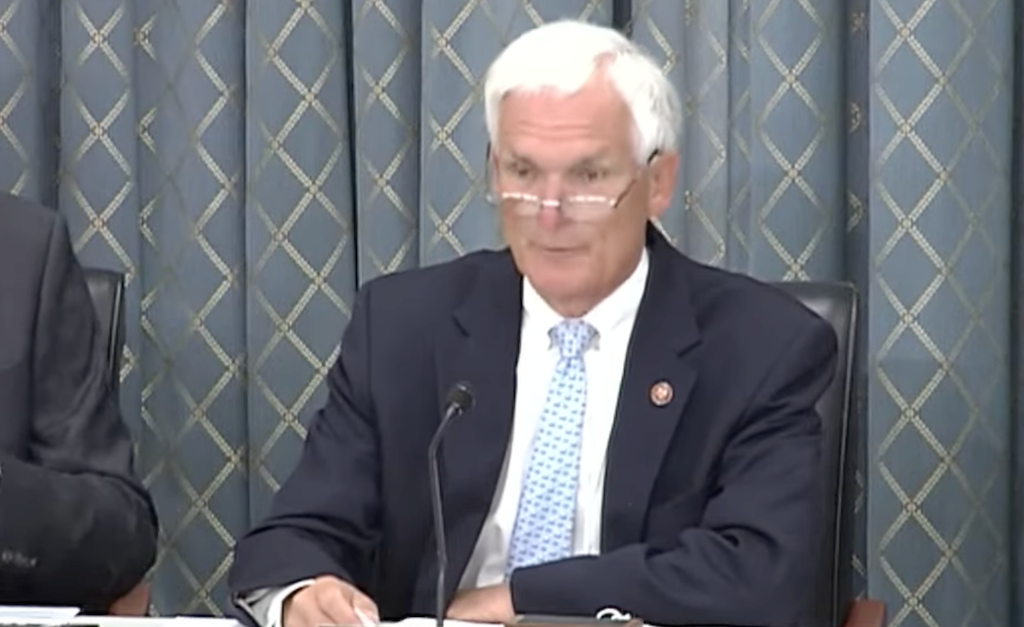Rep. Latta: USF Working Group Still not in Agreement After Fifth Circuit Ruling
The group has been working to modernize the fund for more than a year.
Jake Neenan

WASHINGTON, September 11, 2024 – Lawmakers working to revamp an $8 billion-per-year broadband subsidy still haven’t come to an agreement, a senior House Republican said Tuesday. The Fifth Circuit ruled in July that the fund in its current state is unconstitutional, which the government intends to appeal.
The Capitol Hill group includes members of both parties and chambers of Congress. It's been working Since May 2023 to update the fund’s contribution scheme and to fold in a more permanent version of the Affordable Connectivity Program, the low-income internet discount that ran out of appropriations money in May.
Rep Bob Latta, R-Ohio, said the group still hasn’t reached a consensus.
“Relying solely on stopgap funding leads to uncertainty for those who rely on the program,” Latta said at the start of a hearing yesterday. “Time is running short this Congress, but I hope we can reach an agreement on this important issue.”
The 118th Congress will end on January 3, 2025.
Run by the Federal Communications Commission since 1996, the USF is funded by fees on interstate voice revenue but spends roughly $8 billion annually subsidizing broadband.
FCC Chairwoman Jessica Rosenworcel has been uneasy about tapping broadband providers themselves, telling the group in January that charging digital advertisers would have a smaller effect on consumer bills. ISPs, for their part, have advocated for adding “edge providers” – companies that provide search and streaming services.
The Fifth Circuit, however, ruled the entire contribution scheme unconstitutional in July. In a decision that broke with two other circuits, judges found the fund put taxing power outside the legislature. The FCC is planning to ask the Supreme Court to toss out the decision, and succeeded in putting the ruling on hold until the high court weighs in. That means the fund will operate as normal for now.
In a Monday speech to the State School Boards Association – schools and libraries get about $2 billion in USF support each year – Rosenworcel called the decision “misguided and wrong.”
“If this decision sounds extreme to you, you are not alone,” she said. “It reflects a lack of understanding of the statutory scheme that helped create the world’s best and most far-reaching communications network. That is why we are asking the Supreme Court to overturn this decision.”









Member discussion